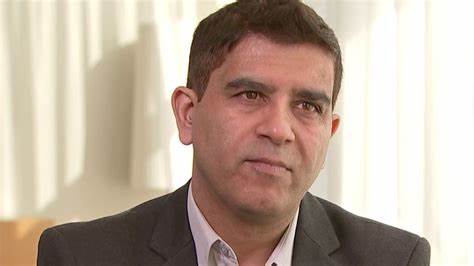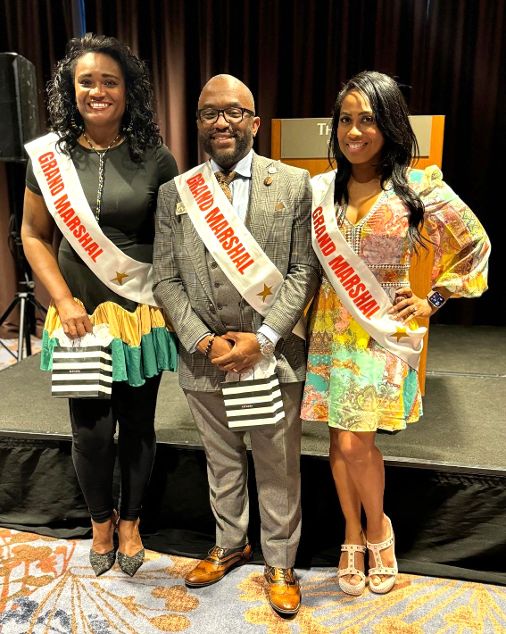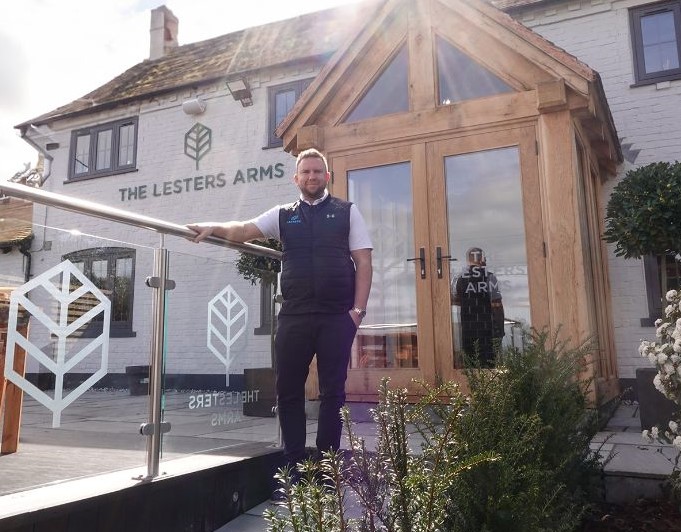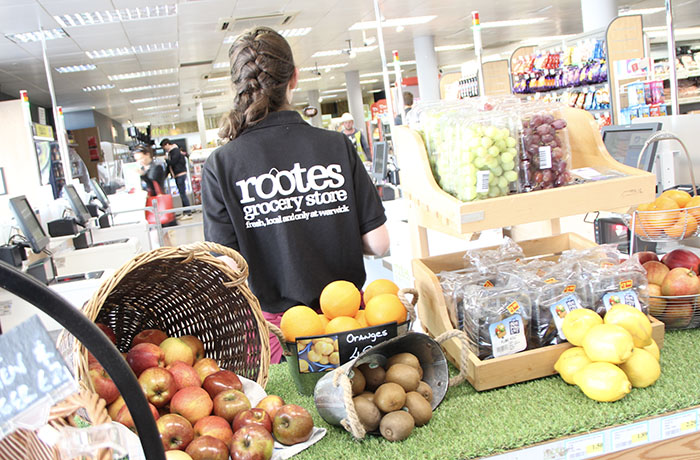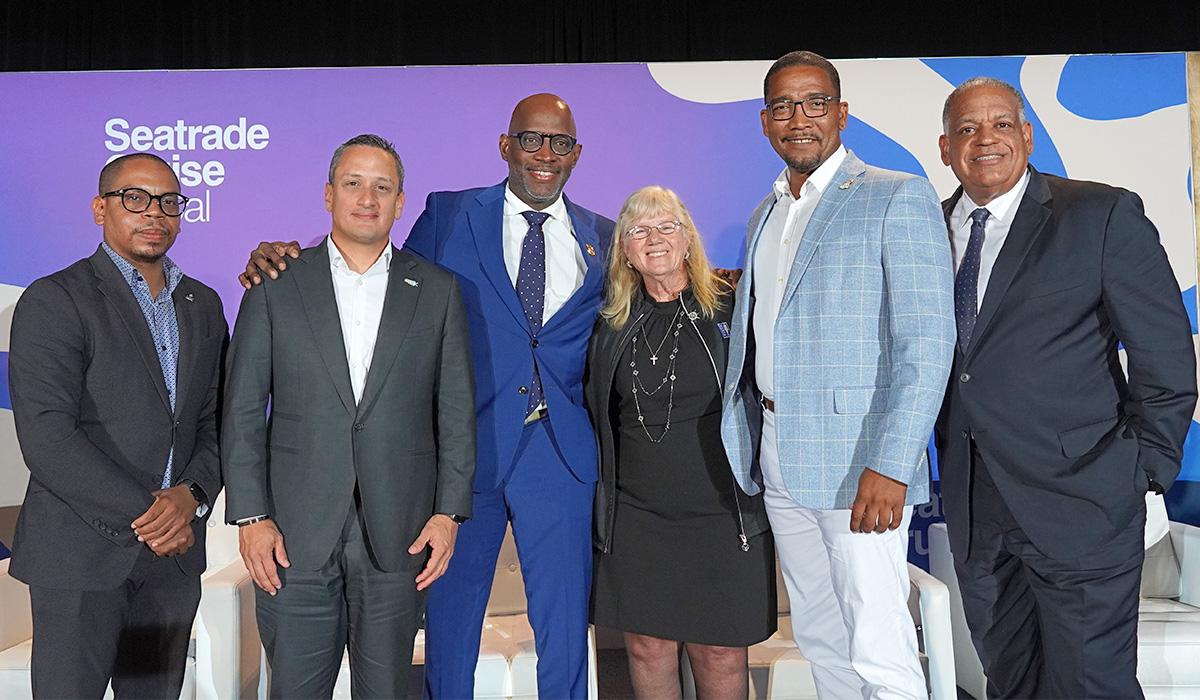Perry Beeches, The Academy has joined Alzheimer’s Society and Public Health England, today, in calling on schools across the West Midlands to help create a dementia friendly generation. 180 students at Perry Beeches have already made a key step towards reducing the stigma that results in many people with dementia experiencing loneliness and social exclusion by becoming Dementia Friends. A further 180 students are to become Dementia Friends on Monday March 2.
A Dementia Friend is someone who has gained a basic understanding about what it is like to have dementia and the small ways they can support someone living with the condition.
With over two million people expected to develop dementia in the next 10 years, it is likely the majority of today’s under-18-year-olds will be affected by the condition in their lifetime. As part of their call, Alzheimer’s Society and Public Health England have released results of the first ever poll of young people’s attitudes to dementia, which reveal that around a third (31 per cent) of young people would feel uncomfortable talking to someone with dementia. However, more than half (55 per cent) believe that if people understood more about the condition and how to help, life would improve for those affected.
James Brocklebank, a teacher at Perry Beeches, and a Dementia Friends Champion, said: "I recently conducted a Dementia Friends Session for the whole of Year 9; 180 pupils were taken through the key messages and the other activities. All pupils received their badge and many pupils now wear their badge around school which is great for increasing awareness of Dementia Friends.
I will be delivering the same session to Year 8 on Monday 2nd March which will mean another 180 Dementia Friends! I have also delivered a session to school pupils and residents of a local care home together which gave pupils a real life understanding of how dementia affects people. The residents and staff of the care home thought having a joint session was a fantastic way of spreading understanding and encouraging action."
The Teachers here were also keen to show their support so I delivered the session to staff at the school which means about 15 staff are too now Dementia friends!’
Janice Le Tellier, Operations Manager for Alzheimer’s Society said: "Young people hold the key to what our society will look like in the future and we want it to be a dementia friendly one. The young people who learn more about dementia today are our future customer service managers, bus drivers, police officers, MPs and HR Directors who will have more patience with someone who seems confused, or can influence policies to better support people with dementia and carers. That’s why Alzheimer’s Society is urging all young people to become Dementia Friends and help beat the stigma that exists in our society today."
To support the ambition to create a dementia friendly generation, Alzheimer’s Society has launched a new section on its website www.alzheimers.org.uk/youngpeople aimed at teachers, youth group leaders, young people and parents. The site hosts new teachers’ resources for Key Stage 3, including lesson plans to build an understanding of how dementia affects people, class activities, videos, and fundraising ideas to support the work of the charity.
For parents, the site offers advice on how to talk to children about dementia. Young people of all ages can ask their teachers and youth group leaders to host a Dementia Friends session and those over 14 can also watch an online video at www.alzheimers.org.uk/youngpeople.
As part of the call for a dementia friendly generation, young people are also being encouraged to post a photo or write about a friendship memory on their social media accounts, tag friends and encourage them to become a Dementia Friend using the hashtag #DementiaFriends
Dementia Friends is a joint initiative with Public Health England funded by the Cabinet Office and Department of Health. To find out more about Dementia Friends and the little things young people, parents, teachers and youth leaders can do to help visit www.alzheimers.org.uk/youngpeople
The total sample size of the poll, which was conducted by YouGov, was 1,327 children aged 8-17 years old.



